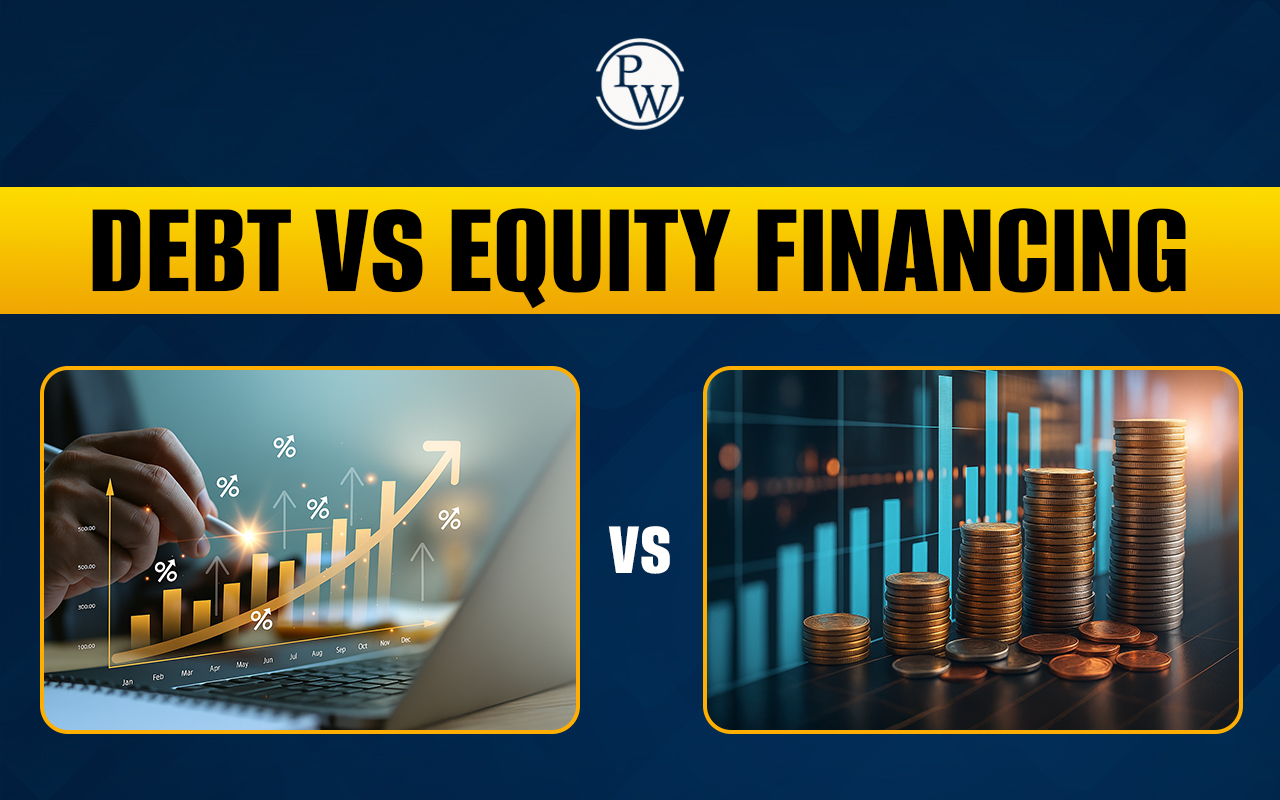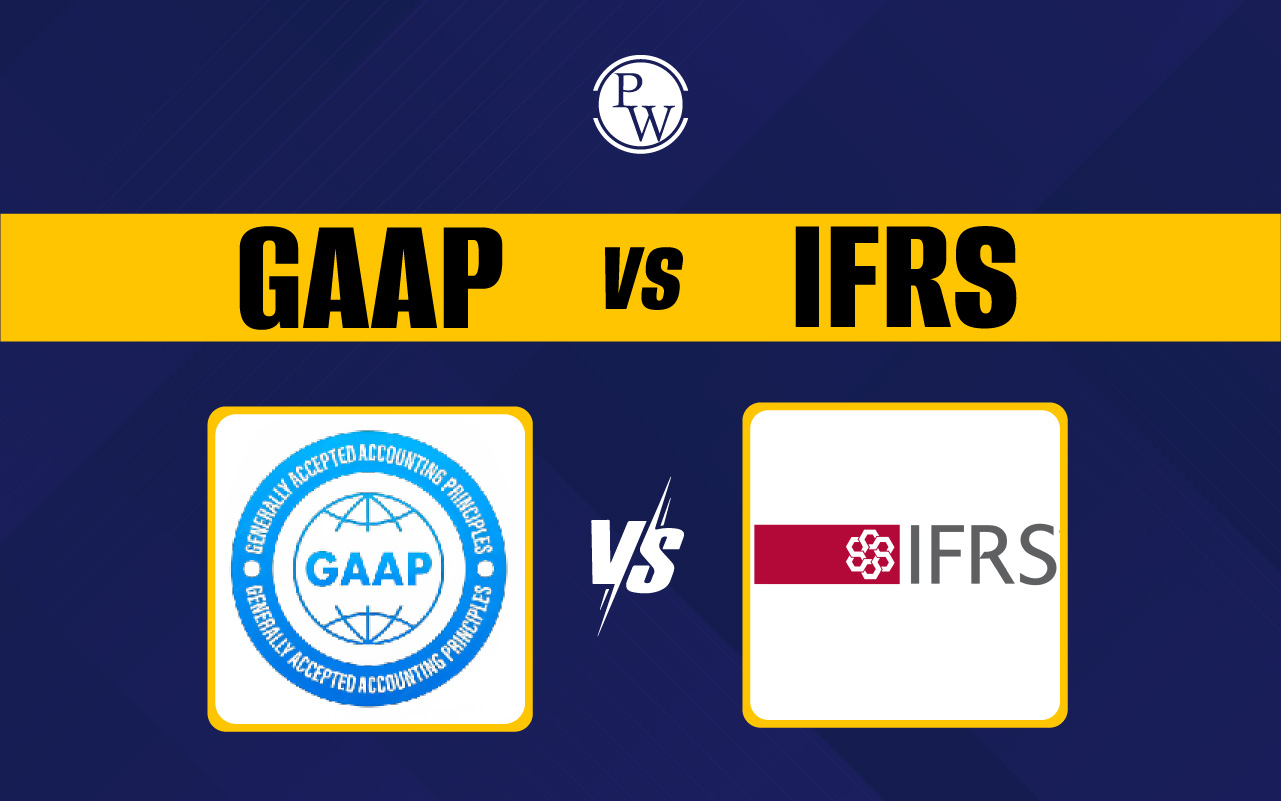

Investment Banking vs. Investment Management: Investment banking and investment management are the two main areas of finance with a diverse range of functions and career opportunities. Investment banking is primarily concerned with helping firms raise capital, conducting mergers and acquisitions, and offering financial consulting to enterprises.
On the other side, investment management deals with the funds, i.e., formulating investment plans, choosing investment assets, and safeguarding wealth for both private and corporate clients. Both these fields require a strong grasp of finance, a good analytical mindset, and an understanding of market dynamics.
However, they vary when it comes to the working environment, remuneration structures, and opportunities for advancement. Knowing these differences can help students and professionals choose the right path in finance. Check complete details about Investment Banking vs. Investment Management, salary, education, skills, work-life balance, and more below.
What is Investment Banking?
Investment banking is the area of finance concerned with raising capital for companies through the issuance of equity and debt. Investment banks act as agents for investors and companies. They provide corporate finance, including underwriting (the sale of new shares), mergers and acquisitions (the purchase or merger with other companies), and general corporate finance advisory.
Investment banks provide valuable assistance during trading and the management of large transactions. Some famous investment banks include Goldman Sachs and JPMorgan Chase. These banks play an essential role in transferring funds and supporting the economy.
What is Investment Management?
Investment management is a term used to describe the work of managing and investing funds on behalf of individuals or institutions in an organized and professional manner. The manager has to determine where to invest in things such as stocks, bonds, or real estate to meet the financial goals.
Managers make specific plans based on the level of risk and follow up on the investments to improve the results. They work with mutual funds, pension funds, or wealth management companies. The primary concern is wealth maximization and taking calculated risks.
Difference Between Investment Banking and Investment Management
Investment Banking and Investment Management are two significant sectors of finance. Investment Banking is concerned with raising funds and orchestrating major financial transactions of companies. Investment Management involves managing investments and money to enable people to increase and preserve their wealth in the long-term.
The table below shows the difference between Investment Banking and Investment Management:
|
Investment Banking Vs Investment Management |
||
|
Aspect |
Investment Banking |
Investment Management |
|
Core Function |
Helps organizations in locating capital and closing deals. |
Manages investments with specific financial goals. |
|
Client Base |
Corporations, governments, and massive institutions. |
Wealthy individuals, pension funds, and insurance companies. |
|
Primary Activities |
IPOs, underwriting, debt issuing, mergers & acquisitions. |
Investment research, Asset allocation, portfolio planning. |
|
Revenue Model |
Fees from deals, underwriting, and advisory services. |
Fees based on assets managed (AUM). |
|
Work Style |
Fast-paced, deal-driven, high-pressure environment. |
Analytical, long-term strategy and performance monitoring. |
|
Career Path |
Roles like analyst, associate, VP, director, managing director. |
Roles like portfolio manager, research analyst, and advisor. |
|
Buy-Side vs Sell-Side |
Primarily sales-side, making financial deals. |
Mainly buy-side, managing investments for clients. |
|
Skills Required |
Strategic thinking, financial modeling, negotiation, and market knowledge. |
Investment analysis, risk management, client advisory, and economics. |
Investment Banking vs. Investment Management Education & Skills
Investment Banking and Investment Management need different educational backgrounds and skill sets that are appropriate to their respective functions in the financial business.. The following are typical degrees, advanced certifications, and focus areas for each field:
|
Investment Banking vs Investment Management Education |
||
|
Aspect |
Investment Banking |
Investment Management |
|
Typical Degrees |
Finance, Economics, Business, Accounting |
Finance, Economics, Mathematics, Statistics |
|
Advanced Credentials |
MBA, CFA, CA, CPA |
CFA, CFP, CAIA |
|
Focus Areas |
Corporate Finance, Mergers & Acquisitions (M&A), Valuation |
Portfolio Management, Asset Allocation, Quantitative Analysis |
Key Skills for Investment Banking:
-
Financial modeling and valuation
-
Deal structuring and negotiation
-
Client communication and pitching
-
Capability to work under high pressure and in a fast paced environment.
Key Skills for Investment Management:
-
Risk assessment and portfolio optimization
-
Market research and performance monitoring
-
Client advisory and reporting
-
Patience and long-term strategic thinking
-
Deal structuring and negotiation
-
Client communication and pitching
Expertise in specific sectors like healthcare or technology is valuable for investment bankers to advise on deals, while investment managers must understand economic cycles and various asset classes to maximize returns and manage risks effectively.
Investment Banking vs. Investment Management Salary
Investment Banking and Investment Management offer different salary ranges based on experience, location, and role. The following table compares typical salary levels for entry and mid-level positions globally and in India, highlighting key differences in compensation structures.
|
Investment Banking Vs Investment Management Salary |
||
|
Category |
Investment Banking |
Investment Management |
|
Entry-Level (Global) |
$100,000–$150,000 (including bonuses) |
$70,000–$120,000 (including performance bonuses) |
|
Entry-Level (India) |
₹20–30 LPA at top firms |
₹10–25 LPA depending on firm and role |
|
Mid-Level (Global) |
$200,000–$400,000+ with bonus potential |
$150,000–$300,000 based on AUM and performance |
|
Mid-Level (India) |
₹50 LPA–₹1 Cr+ for VP/Director roles |
₹30–80 LPA for senior portfolio managers |
|
Bonus Structure |
Highly variable, deal-driven, can exceed base salary |
Performance-based, linked to assets managed |
Investment Banking vs. Investment Management Work Life Balance
The key differences in terms of work-life balance, working hours, job stress, flexibility, and burnout risk between investment banking and investment management are the following:
-
Work/Hours: Investment banking has long, irregular hours compared to investment management, which has more predictable and manageable schedules.
-
High Pressure: Banking is a high pressure and deal oriented business; management is focused on consistency and analysis.
-
Flexibility: Investment banking (generally) was not very flexible; investment management (generally) can be moderately to very flexible.
-
Burnout Risk: The intense workload in banking leads to higher burnout risk, whereas management’s steadier pace results in moderate burnout levels.
If you want to start a career in investment banking, the PW Investment Banking course teaches essential skills like financial analysis, valuation, and deal execution. With live sessions, case studies, and faculty guidance, it offers practical finance knowledge.
Ideal for beginners and professionals, the course provides flexible learning and hands-on projects to prepare you for roles in investment banking, corporate finance, and advisory. Boost your career by building strong financial and analytical skills. Enroll now!
Investment Banking vs Investment Management FAQs
Is investment management the same as investment banking?
Which is better: investment banking or management consulting?
Which is better: actuary or investment banking?
Is investment management a good career?













